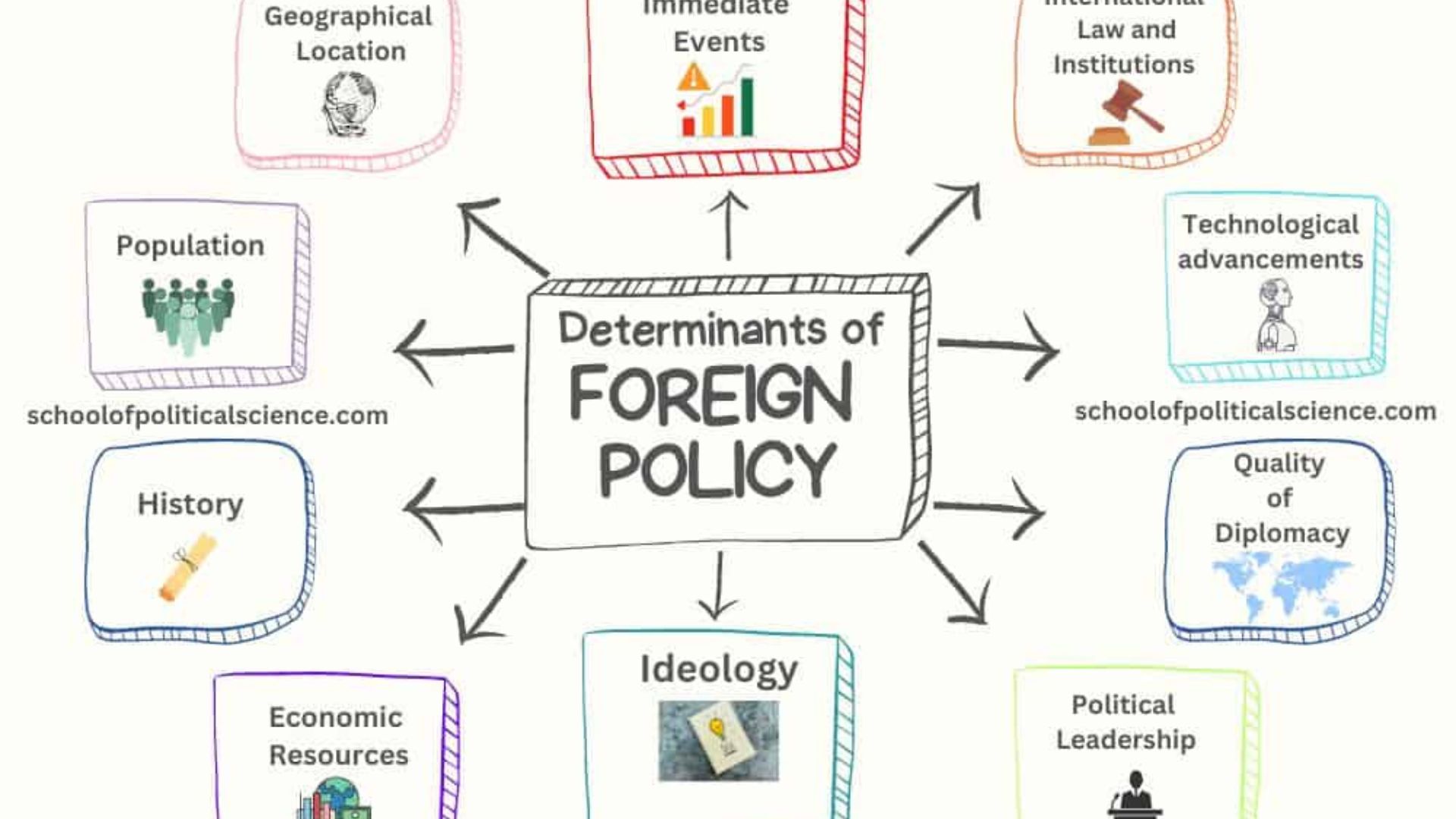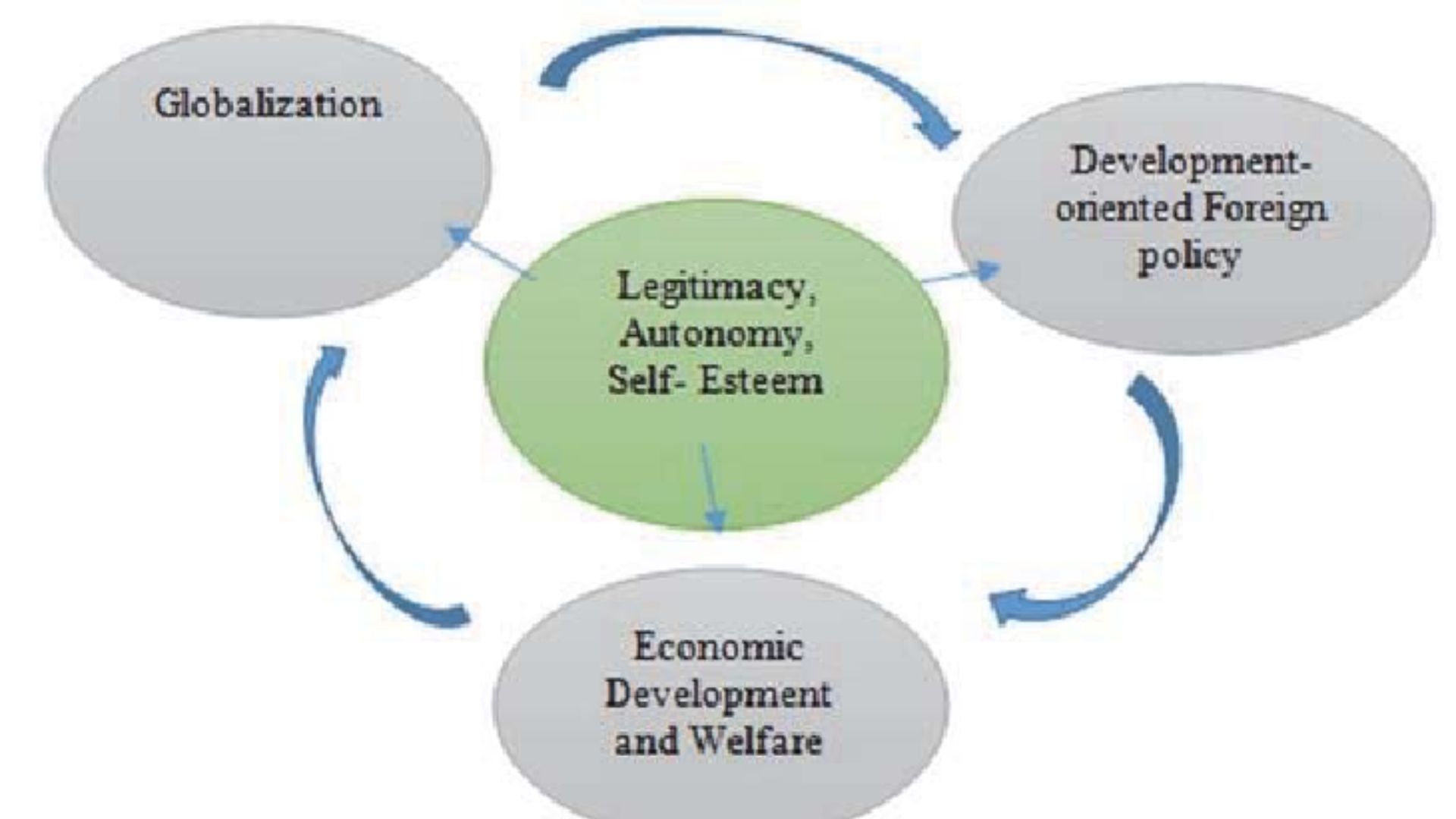Understanding foreign policy can be complex, but breaking it down into manageable parts makes it easier to grasp. Understanding foreign policy is crucial for anyone interested in how countries interact, make decisions, and influence global affairs. In this article, we’ll share practical tips to help you navigate the world of foreign policy, making it more accessible and engaging.
Start with the Basics
To begin understanding foreign policy, start with the basics. Foreign policy refers to a country’s strategies and actions in relation to other nations. It involves diplomacy, trade agreements, military strategies, and international negotiations. By familiarizing yourself with fundamental concepts like diplomacy, international relations, and state interests, you can build a solid foundation for deeper insights. Basic knowledge helps you follow news and discussions about international affairs with greater clarity.

Follow Current Events
Keeping up with current events is essential for understanding foreign policy. News sources, both traditional and digital, provide ongoing updates about international relations and policy decisions. Following reputable news outlets helps you stay informed about the latest developments and the rationale behind various foreign policy actions. Pay attention to how different countries respond to global issues, as this reflects their foreign policy priorities and strategies.
Study Historical Context
Historical context plays a significant role in understanding foreign policy. Many current international relations and policies are influenced by historical events, treaties, and conflicts. Studying historical relationships between countries, past conflicts, and previous policy decisions helps explain why certain foreign policy approaches are adopted. This background knowledge provides valuable insights into the motivations and strategies of different nations.
Learn About Key Players
To deepen your understanding of foreign policy, familiarize yourself with key players in international relations. This includes understanding the roles of major countries, international organizations, and influential leaders. For example, knowing the influence of countries like the United States, China, and Russia, as well as organizations like the United Nations, helps you grasp how they shape global policies. Recognizing the impact of these players aids in understanding their policy decisions and global interactions.
Analyze Policy Documents
Examining policy documents and official statements is crucial for understanding foreign policy. These documents include speeches by leaders, official government reports, and policy papers. They provide direct insights into a country’s foreign policy objectives and strategies. By analyzing these documents, you can gain a clearer understanding of the goals and motivations behind specific actions and decisions.
Explore Different Perspectives
Understanding foreign policy involves exploring different perspectives and viewpoints. Countries often have varied and sometimes conflicting interests. By considering multiple viewpoints, including those of different countries and international experts, you gain a more balanced understanding of global issues. Reading analyses and commentaries from diverse sources helps you see the broader picture and understand the complexities of international relations.
Engage with Scholarly Resources
Academic and scholarly resources offer in-depth analyses of understanding foreign policy. Books, journals, and academic articles provide detailed examinations of foreign policy theories, case studies, and historical analyses. Engaging with these resources allows you to delve deeper into specific topics and gain a more nuanced understanding of how foreign policy is formulated and implemented.
Observe Diplomatic Interactions
Diplomatic interactions and negotiations are central to understanding policy. Observing how countries engage in diplomatic dialogues, summit meetings, and international negotiations provides insights into their foreign policy strategies. Watching diplomatic events, such as trade talks or peace negotiations, helps you see how countries navigate their interests and work toward resolutions.
Consider Economic and Cultural Factors
Economic and cultural factors also influence understanding foreign policy. Countries’ economic interests, such as trade relations and resource access, often drive their foreign policy decisions. Additionally, cultural factors, including historical ties and shared values, can impact international relations. Considering these factors helps you understand the broader context of foreign policy decisions and their implications.
Stay Curious and Informed
Finally, maintaining curiosity and staying informed is key to understanding policy. The field of international relations is dynamic and constantly evolving. By continually seeking new information, engaging with diverse sources, and staying updated on global events, you can keep your understanding current and comprehensive. Curiosity drives learning and helps you stay engaged with the complexities of foreign policy.
Global Perspectives and Leisure
While exploring international relations and global affairs, it’s important to balance work with relaxation. Nokyccasino Games provides an engaging online experience, perfect for a quick break from your studies or research.
Conclusion
In conclusion, understanding foreign policy involves a combination of foundational knowledge, current events, historical context, and diverse perspectives. By starting with the basics, following news, studying history, and analyzing key players, you can develop a well-rounded understanding of how countries interact and make decisions on the global stage. Engaging with policy documents, observing diplomatic interactions, and considering economic and cultural factors further enrich your insights. Staying curious and informed ensures that your grasp of foreign policy remains relevant and deep.

